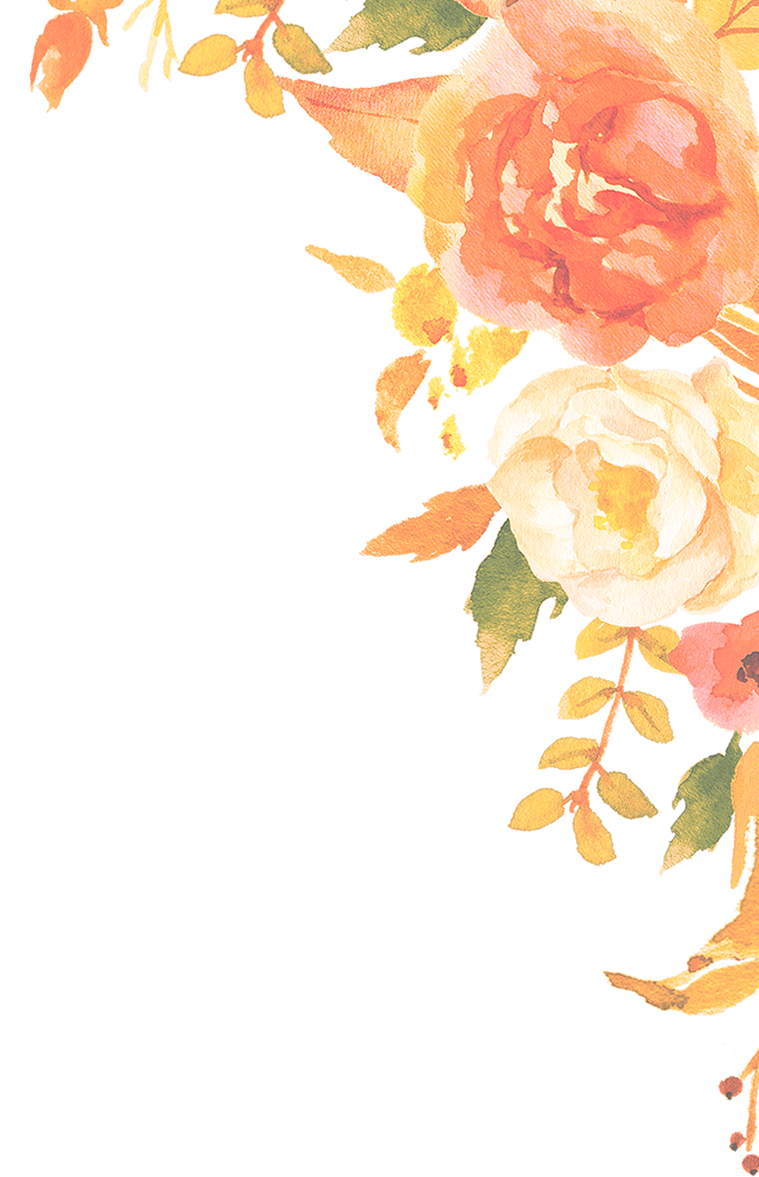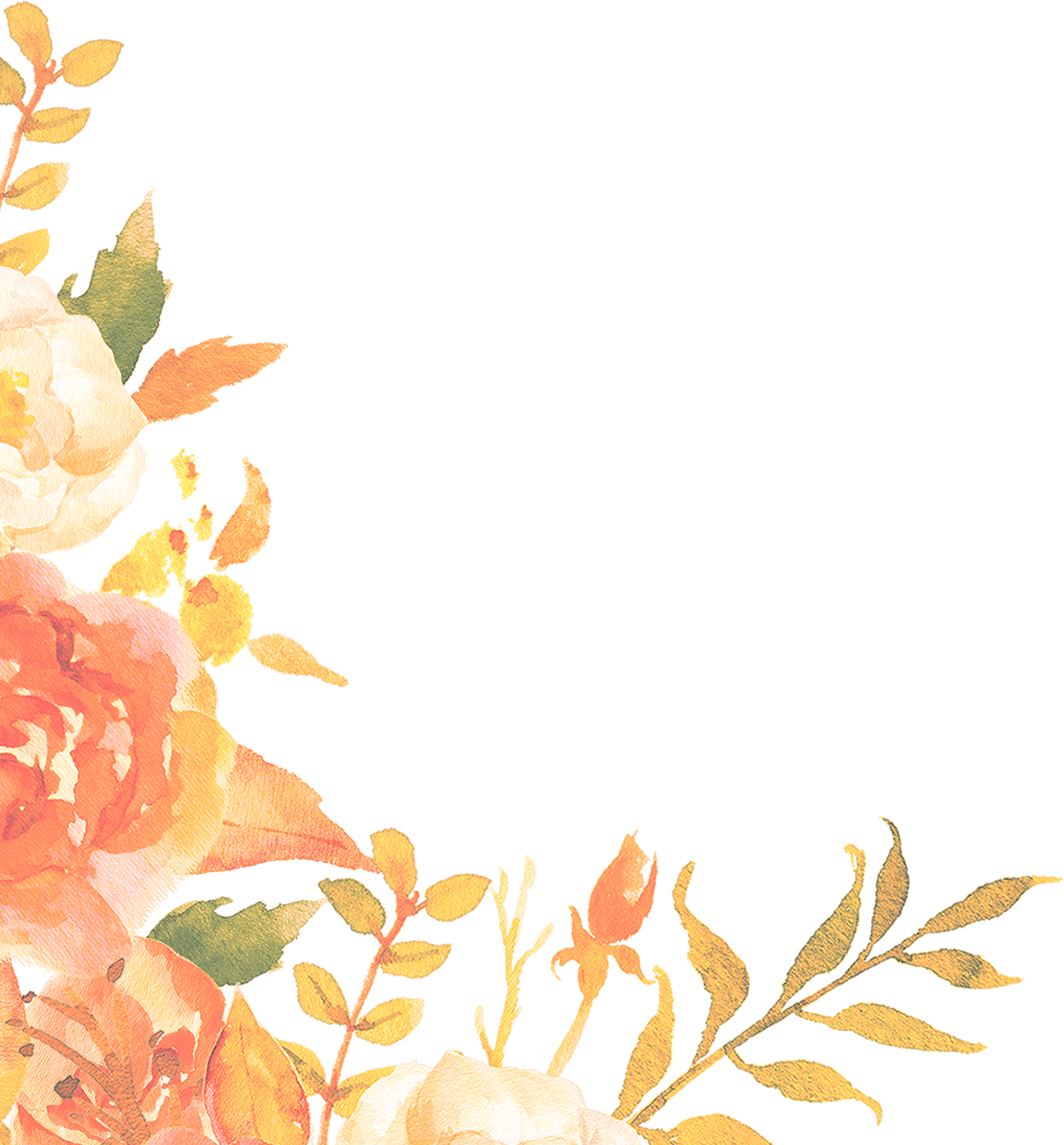



Excellent. It has given me a lot of tools to increase my happiness and an understanding of what makes a happy person. I would very much recommend this course to others.
-PAST CLIENT
I grew up in an old farm house in front of a forest. My father was a high school teacher, but he was very much a ‘distracted professor’ and had poor classroom management skills. He kept having to change schools. My mother had always wanted to be an artist. As a young housewife, she sewed incredible wall hangings depicting whole fairy tales. By the time I was seven, the marriage, forced upon them by the accidental conception of my older sister, was beyond repair. My mother and her embarrassingly young lover moved to the city. My father, who had insisted on keeping us three girls, took an embarrassingly young woman to keep house, who soon shared his bed. After a year, my mother returned to the old farm house, and my father moved away and took all the furniture with him. We were soon destitute. My mother worked as a framing assistant a long way from home, and we girls were often on our own. Food was at times scarce. One day my mother went out for a night and returned with a young man who just would not go home. He became her second husband, and it was all downhill from there for the next five years. Meanwhile, we practically never heard from my father, who had married the young woman and had another four children with her. The first time I saw him again was when I was in hiding with a family and my mother at the woman’s refuge. He said he wanted us girls to come and live with him so he could save the money he was paying in maintenance and put it towards the house his wife so badly wanted to buy.
As negative as this recall of my childhood may sound, I am sharing it with you because our memories have a significant impact on our psychological wellbeing. When I started out to apply positive psychology in my life, I regularly became stuck at requests to think of positive memories. Particularly if those good memories were supposed to be from my childhood. Now that I understand scientific insights on memory better, this does not surprise me.
Blagov and Singer point out that depressed individuals have a hard time recalling positive memories of events in their lives.1 According to Otake, our present state impacts on our recall of emotional events. Unhappy people do not recall positive autobiographical events often, because their mood ‘colours’ what they are recalling out of their past experiences.2 So if you are down and asked to recall a negative memory from your life, you would probably do very well. But you would find it very difficult to come up with cheerful memories.
How we are feeling not only impacts memory recall, but also is the first step in the creation of memory. According to Kuhbander, Lichtenfeld and Pekrun, this first step involves our attention, the sensations from our environment, and what we are experiencing. Our primary sensation memory system, also called the iconic memory, has a large storage capacity, which, however, diminishes rapidly. Kuhbander and colleagues’ findings show that study participants who felt positive recognised and processed a wider breadth of incoming information in comparison to individuals who felt neutral or negative. Indeed, they write, observers who felt neutral or negative “were relatively blind” in comparison with those who felt positive.3
You may recall this ‘broadening effect’ from my previous blogs discussing Barbara Frederickson’s work on positivity. She points out that feeling positive changes the boundaries of our minds and widens our perception of options and possibilities.4 Perhaps you also recall that we human beings have a negativity bias. Baumeister and colleagues found that across our everyday and major life events, “bad emotions, bad parents, and bad feedback have more impact than good ones, and bad information is processed more thoroughly than good”.5 However, there is good news when it comes to memory, because here researchers found a positivity bias. Psychologically healthy people, and particularly happy people, have shown to err on the positive in their memories.6
Of course our memories are not an exact match or duplication of events, but rather a reconstruction of them.7 Levine and Bluck investigated whether happiness affects error in reconstructive memory. The interesting contradiction is that individuals typically state that they remember events that made them feel good better than they remember negative events. Yet this is not what researchers found in the laboratory. Levine and Bluck write that it seems that when people feel happy they paint with broad strokes. One explanation they offer is that “people feel happy when goals are achieved and there is no immediate problem to be solved”. In such a state, individuals freely draw on their general knowledge. However, Levine and Bluck argue, people are usually unhappy when their goals are threatened or they have failed. At such times, they tend to put effort into systematically and carefully evaluating and processing what concerns them.8 Storbeck and Clore found that this item-specific processing, which is induced by negative mood, in fact reduces the production of false memory, which is prevalent in what people remember when they are in a good mood.9 Generally speaking, feeling positive means we are less accurate in our memories.
The fundamental idea behind positive psychology is that the habits of happy people can be taken up by unhappy individuals to improve their wellbeing. So when research finds that happy folks gloss over details and accuracy in their memories, you may not consider this a valuable habit. Yet the information is a piece in the puzzle meant to assist you in using memory to your advantage.
And getting back to my childhood, our autobiographical memories affect our psychological wellbeing whether we like it or not. Waters writes that memories influence our self-definition and understanding of who we are; that they create intimacy through our sharing them with others; and that we use our memories to direct our behaviour in the future, which includes decision making and managing difficult situations. Waters found individuals who use their autobiographical memories to serve themselves, their relationships and their future direction have higher levels of purpose and positive relationships.10
This week I encourage you to consider the memories of your life. How was your childhood? Do you remember a lot of specific experiences or are there holes? Then, as an exercise, try to remember a positive experience in your life and recall it to the point that it makes you smile.
Notes
No Comments